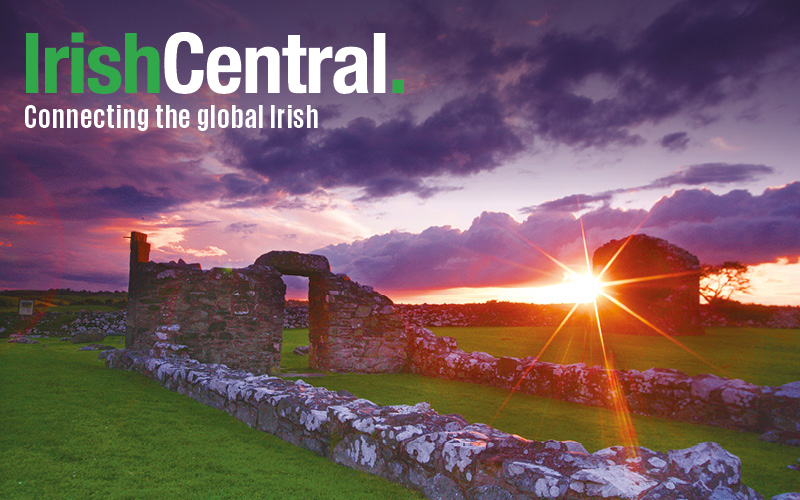KATHLEEN Kennedy Townsend, the eldest daughter of Robert F. Kennedy, has written a passionate new book about how, in her own words, today's churches are mixing God with politics and losing their way.
The book, entitled Failing America's Faithful, is no church bashing screed, but rather a bracing reveille to awaken the reader to dangers of trading the communal good for personal salvation.
When she ran for governor of Maryland in 2002 Kennedy Townsend noticed that her support for social justice initiatives - fighting drug use, preventing gun violence, providing health care to children - caused voters' eyes to glaze over.
Why, she asked herself? Why did the majority not feel any need to concern themselves with the plight of their neighbors? Why did they feel no commitment to make their communities stronger?
These questions haunted her long after the losing campaign ended. Only over time did the answers begin to emerge.
We have, she believes, gotten out of the habit of thinking of ourselves as part of the wider world. We no longer hear in our homes or our churches that to walk in God's path is not just to pray or give charity, but also to work for justice for every creature on this earth.
Instead we are deeply divided by religious and political leaders who focus exclusively on issues of private moral behavior. And in Kennedy's view, the so-called "faith-based" churches have slid toward partisan politics, cheapening themselves and diminishing our civic life.
Kennedy Townsend's resemblance to her famous late father is striking. Inevitably that strong resemblance reminds you of what RFK stood for, and what was lost when he was taken by an assassin's bullet. The quiet passion with which she expresses her views also carries echo of her famous father.
"It's fascinating what has happened with this fierce individualism versus the community, where I believed we are saved," said Kennedy Townsend during an interview with the Irish Voice on Monday.
"If you look at the 'Our Father' there is no 'I' in there. There are eight references to 'our' and 'us.' But this whole sense of community, the simple fact that we are connected to each other, has been awfully lost. Individualism can go too far and I believe it has gone too far."
Kennedy Townsend has watched with sadness as certain well-publicized social issues divide and alienate the American public. "Why aren't our churches talking about being kind to others, about taking responsibility, about working for your country? What I am saying to the churches and the members of the left: don't give up on our faith. Religion is a very compelling part of our history and our legacy, and we have to reclaim it," she feels.
Kennedy Townsend writes with a clarity and focus that come from
years of deep reflection
on her subject. Her own Catholicism means and has meant a great deal to her, bringing solace in the face of life's sorrows.
She can put a compelling human face on the longstanding challenges facing America, because she has learned better than most how much there is to lose.
RFK's brutal murder has become part of the national fabric, but to her he was first and foremost a loving father. Suffering that loss and many others has taught her compassion, and it's a lesson RFK handed to her personally himself.
On the day President John F. Kennedy was buried, her father gave her a note that read, "Dear Kathleen, as the oldest of the Kennedy grandchildren - you have a particular responsibility now - be kind to others and work for your country. Love, Daddy."
In his own moment of unimaginable loss, he reminded his child to turn outward, not inward, to perform works of kindness and not of anger or revenge.
(Failing America's Faithful, by Kathleen Kennedy Townsend is published by Warner Books.)




Comments